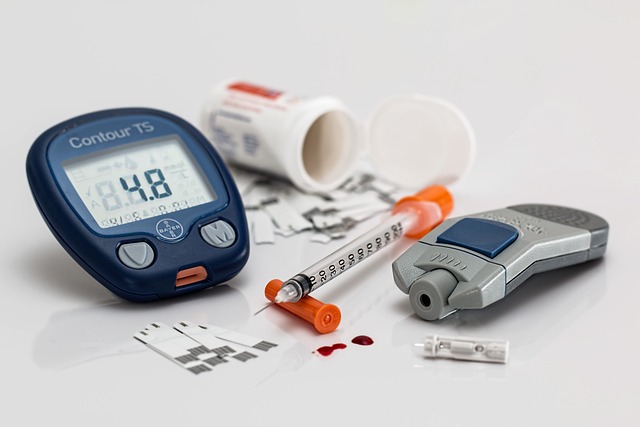
October is Health Awareness Month, and as we celebrate this important occasion, it’s essential to recognize that electric vehicles (EVs) offer not only environmental advantages but also substantial personal health benefits. This article delves into the positive impact of EVs on human health.
Reducing Air Pollution: A Life-Saver
Air pollution is responsible for a staggering 7 million annual fatalities worldwide, according to the World Health Organization. The culprits? A toxic blend of solid particles and gases stemming from car emissions (accounting for approximately 55%), industrial chemicals, dust, mold, and pollen. Tailpipe emissions, which include noxious gases like nitrogen oxide, contribute to asthma, allergies, respiratory ailments, COPD, and even lung cancer.
Understanding Emissions
Emissions fall into two main categories: direct and life cycle. Direct emissions occur through tailpipe discharges, fuel system evaporation, and the refueling process. They encompass pollutants detrimental to human health, smog-forming agents (e.g., nitrogen oxides), and greenhouse gases, mainly carbon dioxide. The remarkable aspect is that all-electric vehicles produce zero direct emissions, substantially enhancing air quality, particularly in urban environments.
The Complexity of Life Cycle Emissions
Life cycle emissions encompass all emissions, not solely those during vehicle use. This includes emissions from the vehicle’s production, such as petroleum extraction, processing, distribution, battery waste, and more. The level of life cycle emissions from an EV depends on the electricity source used for charging. When renewable energy sources like wind, water, or solar power are employed, EVs become even more environmentally friendly, virtually eliminating all emissions.
The Impact on Public Health
Studies, including research from Harvard University, highlight the potential of EVs to positively impact public health. Substituting traditional internal combustion vehicles with EVs in urban areas can lead to substantial reductions in air pollution exposure. The study emphasizes that the benefits of this transition are significant, supporting the argument for the rapid replacement of gasoline and diesel vehicles with EVs. There are also a lot of EV conversion kits available in the market that can convert a gas-powered vehicle into an electric one.
EV Charging Infrastructure and Public Health
Installing Electric Vehicle Supply Equipment (EVSE) plays a crucial role in enhancing public health. By providing incentives to those who buy electric vehicles and supporting EV charger manufacturers to set up EV charging stations in public spaces and workplaces, we can incentivize EV adoption. This, in turn, reduces vehicle tailpipe emissions, local air pollutants, and ultimately improves public health. Access to charging infrastructure also influences individuals to choose EVs, knowing they have convenient charging options.
Conclusion
In our current times, public health has gained paramount importance. This presents an ideal opportunity to consider purchasing an EV, installing a charging unit in your personal garage, or, for businesses, implementing Level 2 chargers for employees and customers. By doing so, we not only contribute to a healthier environment but also safeguard our own well-being.




